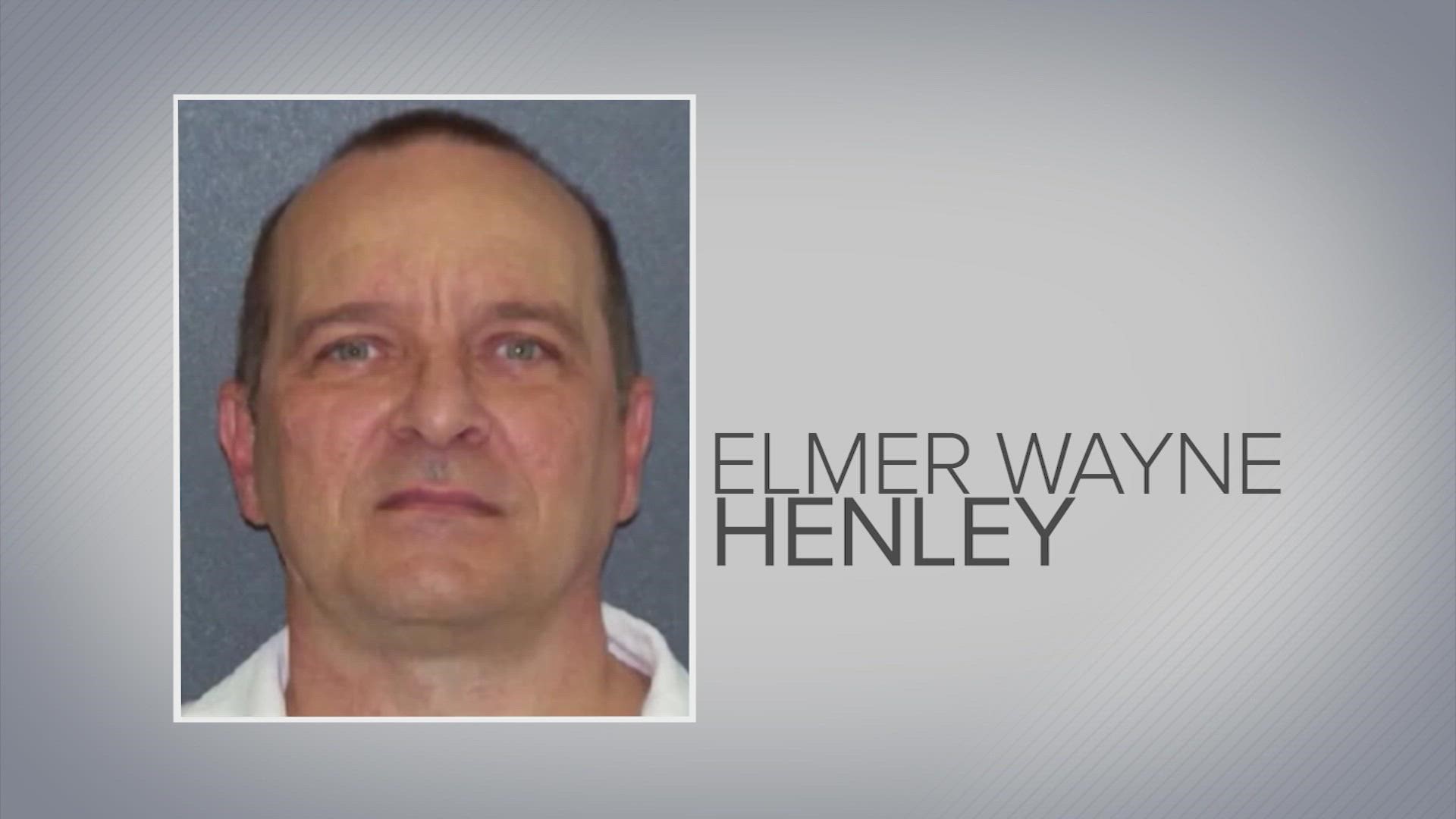HOUSTON — Families of the Houston mass murders from the 1970s no longer have to worry about the early release of the man convicted of killing them -- at least now right now.
Elmer Wayne Henley is the only one involved in the murders who's still alive.
Henley, now 66, was sentenced to six life sentences in 1979. Families of his victims recently told KHOU 11 they'd received notifications that his case would be reviewed for possible medical parole.
"He does not deserve to have any compassion for his illness. He showed Stanton and at least 27 other young boys no basic humanity for their lives,” the family of Stanton Dreymala said in a statement.
On Monday, we learned the Texas Department of Criminal Justice has decided not to forward his case to the Texas Board of Pardons and Parole for review.
Henley was an accomplice of Dean Corll, known as “The Candyman," and David Owen Brooks. Corll raped, tortured and killed at least 28 boys in Houston and Pasadena, according to investigators, and Henley and Brooks helped.
“The reason they were called the mass murders is because the term serial killer hadn’t been coined yet," said Andy Kahan, Director of Victims Services at Crime Stoppers.
Henley later shot and killed Corll and Brooks died in a Galveston hospital in 2020.
Kahan joined the families to fight against Henley's release. “It just brings all the horror back, it’s been almost 50 years for some of these families," Kahan said.
According to data from the Texas Department of Criminal Justice, last year in 2021, 2,508 inmates were considered for medical parole, of those 222 were screened, and 48 were approved.
“Usually it’s for a terminally ill, it’s for extraordinary serious injury – something along those lines," said Dr. Jay Coons, an Assistant Professor at Sam Houston State University.
Coons said while what’s also called compassionate release has been around for decades, it’s a delicate decision that the parole board has to make.
“The state has to balance between the individual, what is fair to that individual, and the crime as well as to victims and the public at large," Coons said.

